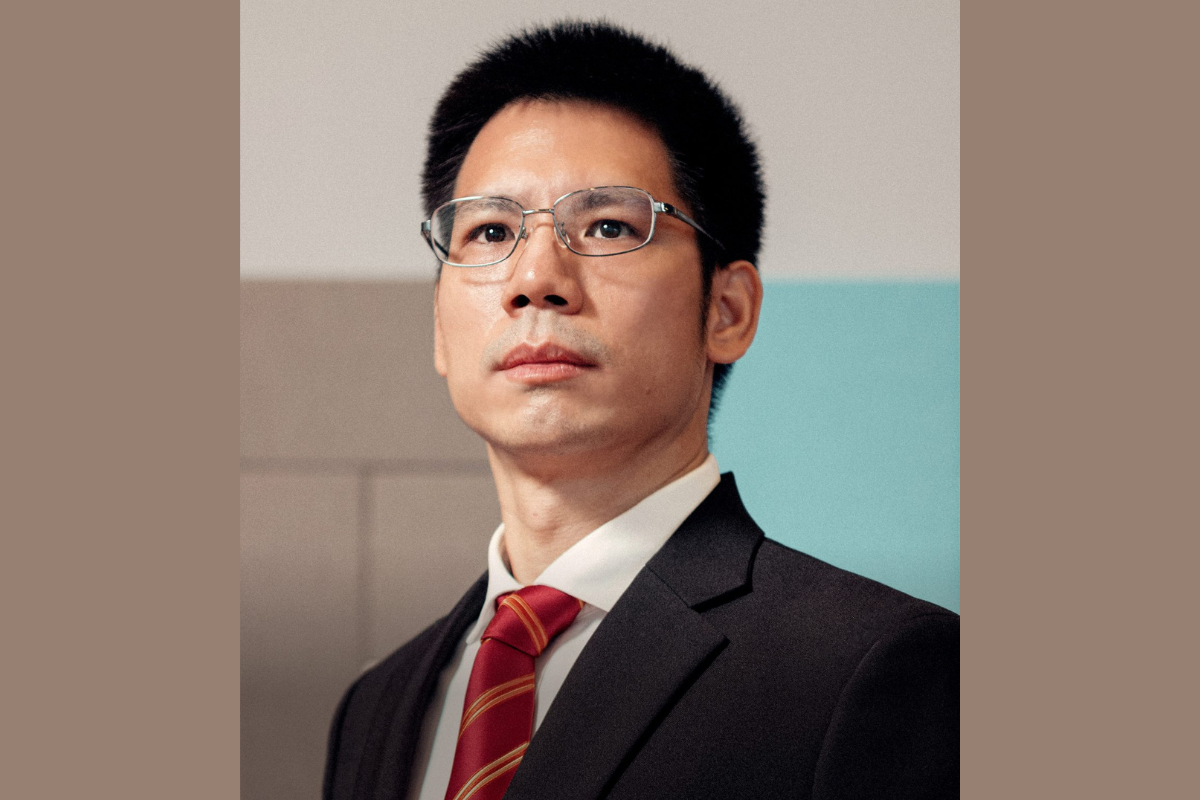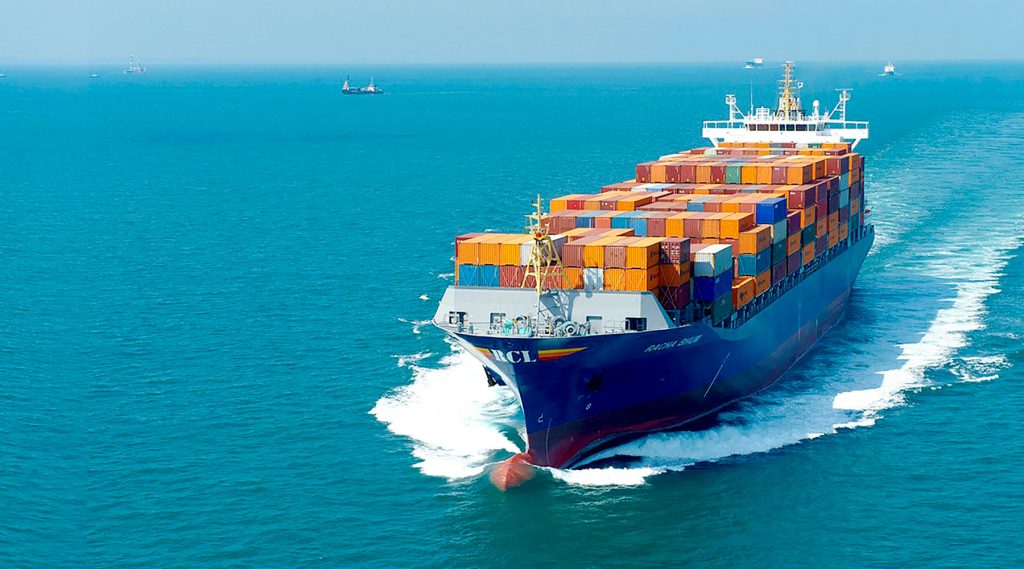From Sea to Shore: Twinchok Tanthuwanit
As the next generation at the helm of container shipping company Regional Container Lines, President Twinchok Tanthuwanit is carrying on his father’s legacy through evolution, not revolution.
The way Twinchok Thantuwanit sees it, the container shipping industry’s unpredictability is a double edged sword.
"It’s quite an exciting industry," Twinchok, President of Regional Container Lines (RCL), tells The CEO Magazine.

"But then, within the excitement, you need to be prepared. That is the name of the game. Because there are a lot of things that can change quickly, and you’ve got to be on your toes to manage the situation."
From economic challenges to a global pandemic – "Who would have anticipated COVID-19?" – Twinchok enthuses that preparation, coupled with a dedicated team who share a common goal, are the solutions to weathering all storms irrespective of external factors.

We look at things from a long term perspective, to create a level of trust that can go a long way.
"The key to success, in my view, is about employees, the people who are working together," Twinchok says. "In this line of business, it’s about the collaboration of so many teams, so many countries and so many continents.
"They have to work hand-in-hand to make sure that the goods are passed from A to B. And along that process, there are so many departments that need to coordinate. Without good collaboration, it’s very difficult, with the potential for leakage along every step of the chain."
Creating trusted networks
RCL began operating its first feeder container ship in 1979, transporting goods between Bangkok and Singapore. By 1988, it was listed on the Thai Stock Exchange, and has since gone from strength to strength.
Today, the company owns and operates 49 container vessels, and ships between 69 destinations in Asia, India and the Middle East. With as many moving parts as there are, unsurprisingly, a vital facet of that chain is RCL’s partners, without whom the company wouldn’t be able to operate.
Twinchok says that having a network of trusted suppliers behind you is also about knowing they’ll be there, even if things go utterly pear shaped.
We do not believe in revolution. We believe in evolution.
"We are also a supplier – we are the call centre for the customers," he explains. "They look at us as, ‘You carry my goods’. So in that way, we understand how it feels. We understand their context, and then we try to be reasonable.
"It is important because we know that we cannot do everything ourselves, we still rely on them. And we know that everything has a cycle, up and down, sometimes we need them and sometimes they need us.
"So we look at things from a long-term perspective, to create a level of trust that can go a long way."
Focused on evolution
When Twinchok was appointed President in June this year, following in the footsteps of his father, RCL’s Founder, Sumate Tanthuwanit, it heralded a new chapter for the company.
At the same time, Twinchok was conscious of continuing to develop his father’s legacy in a way that was consistent with how this impressive organisation had been run up until this point.
"We do not believe in revolution," Twinchok explains. "We believe in evolution. I think that in every company, it’s important to grow. Our scale is still small, but we are looking at organic growth. And every time that we want to grow, we make sure that we are not taking too many risks, so that we have sustainable growth."
Because ultimately, Twinchok says, the essential foundations of the company, and how it will progress from here on out, come down to three vital factors: resilience, adaptability and communication.
Constructive leadership
As a leader, Twinchok sees his role as primarily problem solving, as well as pointing all staff members "in the right direction". And in order to do so, he believes in cultivating a culture, where putting forward ideas is always encouraged.
"People need the opportunity to say their piece," he enthuses. "Because if you are only directive, you will never be able to know everything. You need to have a constructive debate within the team. I don’t want to be like, ‘You’ve got to follow me’. That’s not the way."
It is important that everyone knows what we are trying to do, and understands the objective.
Again, Twinchok returns to the importance of employees, hiring the right ones, retaining that talent, and instilling a united company mindset with an emphasis, first and foremost, on teamwork.
"With employees who understand this, that is how you can really improve your efficiency," he says.
"It is important that everyone knows what we are trying to do, and understands the objective. So I have to give credit to the people. Because all in all, I think that the key that we want to be achieving is to understand our customer better, so we can continue to serve them better."